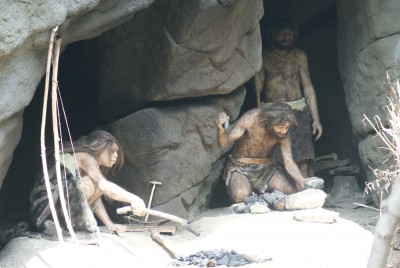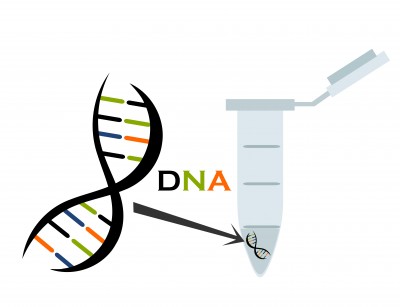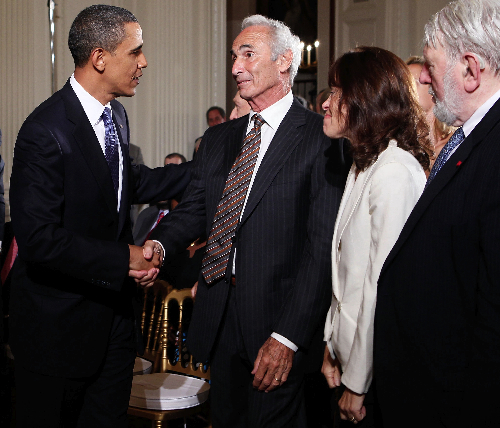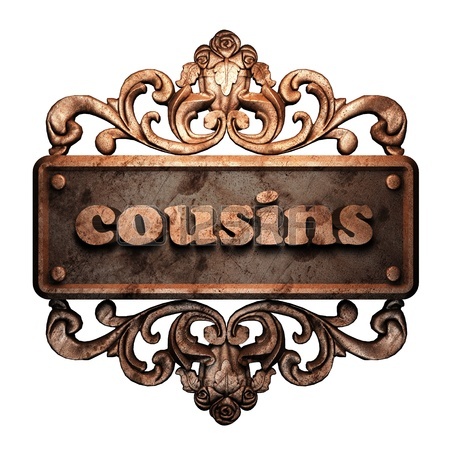Hopefully, you are still not reeling from my blog last November – Neanderthals: They May Just Be a Part of Your DNA Ancestry – in which I reported the scientific findings of the Neanderthal Genome Project. Scientific study concurs that the majority of us humans carry Neanderthal DNA in their DNA ancestry as a result of interbreeding between Neanderthals and humans almost 60,000 years ago. The Neanderthal Genome Project shows that people of European and Asian extraction (i.e., non-African modern humans) are actually of Neanderthal descent, with as much as 4% of their DNA ancestry deriving from the Homo neanderthalensis (i.e., Neanderthal).
Our Neanderthal DNA is really no laughing matter, unless it is viewed through the eyes of someone like Stephen Colbert, an American satirist and humorist, who happens to host of his own show The Colbert Report on Comedy Central.
In November 2012, Colbert interviewed British paleoanthropologist Chris Stringer about his new book Lone Survivors: How We Came to Be the Only Humans on Earth (Times Books, 2012), which explains the outcome of the Neanderthal DNA Project. Stringer managed to survive a volley of crazy questions from Colbert, including, “What part of me is Neanderthal? Is it the guy that comes out when I’m drunk, because he is rough trade?” and “Is [Neanderthal DNA] like a terrorist DNA sleeper cell?”
Chris Stringer maintained his composure; he is, after all, a leading authority on modern human evolution and has been through his share of challenging interviews. The study of human evolution follows three different avenues of research: mapping anatomical changes as seen in fossils of skulls and bones, DNA genetic testing, and archaeological studies of artifacts created by ancient peoples. Stringer explained that there were as many as six different kinds of human species, but only we modern humans (aka Homo sapiens) remain as the lone survivors. Based on our mitochondrial DNA, which is inherited through females, we all originated from one ancestral group that lived 200,000 years ago in Africa, which is where modern humans transitioned from ancient humans around 100,000 years ago.
Humans made the move out of Africa about 60,000 years ago and traveled to Europe where they encountered Neanderthals. Colbert retorted, “We kicked a little Neanderthal a*s!” The Neanderthal species was wiped out, but Stringer explained that while we don’t know the exact reason, there was definitely interbreeding that occurred between modern humans and the Neanderthal species – and that’s why our DNA ancestry carries Neanderthal DNA.
When Colbert asked about the possibility of someone cloning a Neanderthal, Stringer replied that theoretically if some idiot had enough money and enough arrogance, it could be done. To which Colbert replied, “You’re singing my song.”
The interview wrapped up with a discussion of dietary evolution and how it has impacted the human brain along with our gut. Humans initially lived by foraging plant and vegetable material. Because there was no meat in their diet, the human brain did not develop. Only until humans started eating meat, did they have the additional energy to evolve a larger brain. This triggered Colbert to state, “And that’s why vegetarianism is so stupid to me.”
While our brains got larger by eating meat, our guts got smaller. Early humans had huge bellies, because more intestines are required to break down vegetable material. By adding meat to our diets, the length of our intestines got shorter, and our guts became smaller.
So, whether you pick up a copy of Chris Stringer’s book Lone Survivors: How We Came to Be the Only Humans on Earth, or you read one of the many interviews with him in some of the most prestigious publications in print, you probably won’t laugh as much as if you watch the 11/19/2012 episode of The Colbert Report. Where else will you hear a more entertaining and informative interview about Neanderthal DNA, science, DNA ancestry, DNA testing, human evolution, Asia, Europe, Africa, genetics, international affairs, sex, cloning, history, vegetarians, food, and books – all in less than six minutes?
While you are embracing your 2013 Resolution to Embrace Your Inner Neanderthal, consider having DNA testing done to see how much of your DNA ancestry is Neanderthal.







